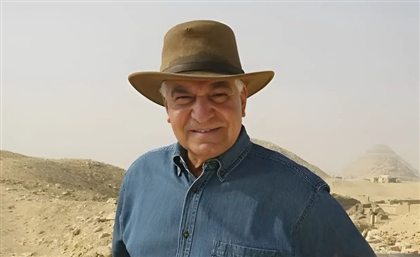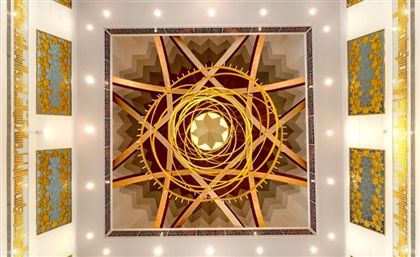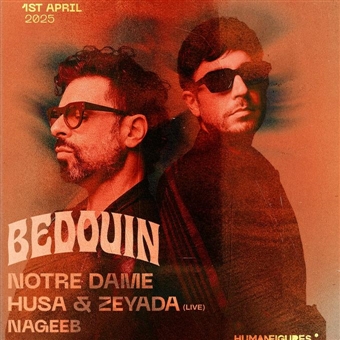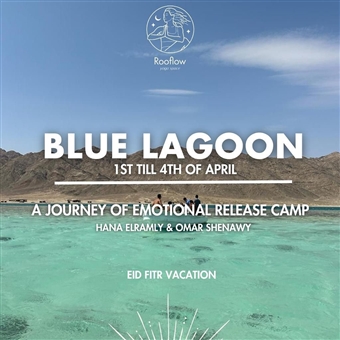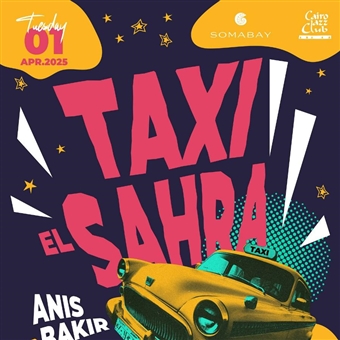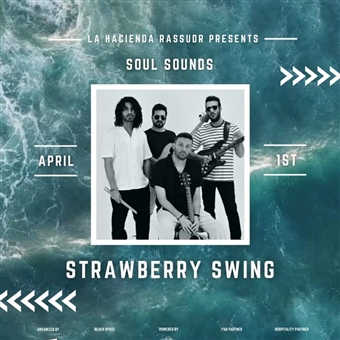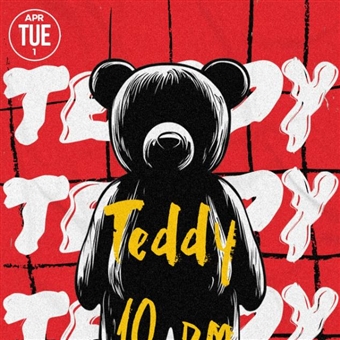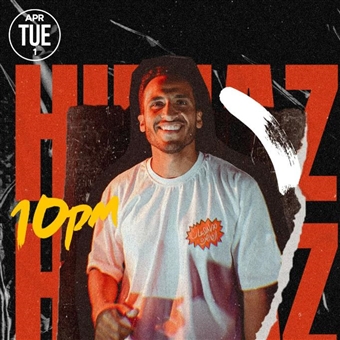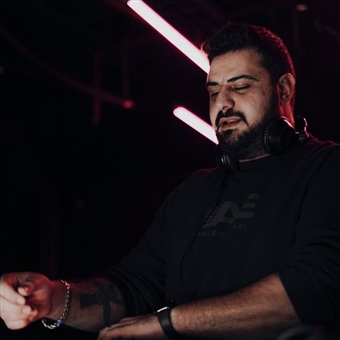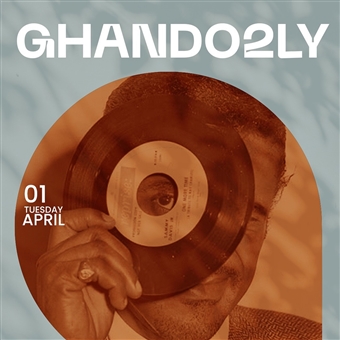From Sudanese Child-Soldier to Renowned Artist: This is Emmanuel Jal
Emmanuel Jal is a visionary voice rising from the depths of adversity to peace advocate, through artistry.
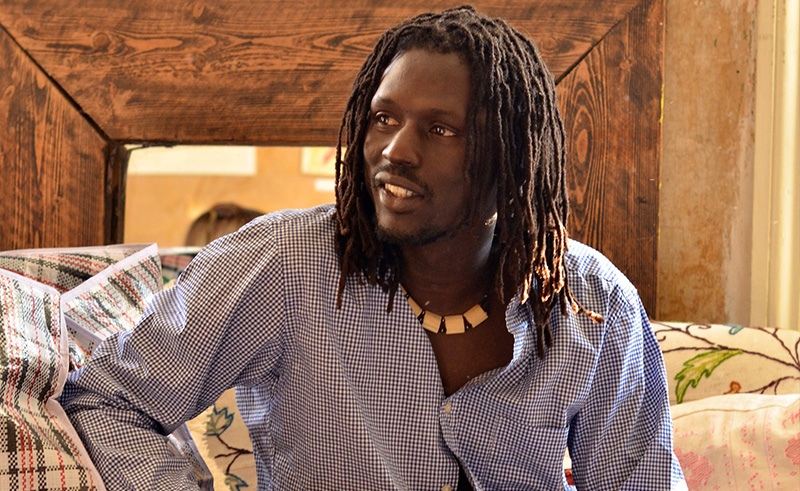
Emmanuel Jal’s early childhood is marked by forced migration, becoming a child soldier and the unimaginable traumas of war, all before the age of 12. Somehow, he survived. “One of the lucky ones,” he says - emerging as a pioneering activist, artist, entrepreneur, and peace advocate, dedicated to uplifting and amplifying overlooked voices from his community.
Today, Jal assumes the role of a spokesperson for victims of war, tirelessly endeavouring to champion artistry over bloodshed, imagination in lieu of combat, chants of life instead of calls for death, and the relinquishing of arms in exchange for the scribbling of pens.
Jal’s recent release “Gorah” alongside Zimbabwean producer Nitefreak stands as a testament to his pivotal role in advancing the Afro House genre, integrating his own heritage within the very fabric of the track, elevating it to new global heights and marking an impactful contribution to the evolving landscapes of music.
Our conversation with Emmanuel Jal provides a remarkable glimpse into his extraordinary experiences. He delves into the diverse musical influences that have shaped him, discussing his vision for future projects within the Afro House universe and sharing insights into his ongoing efforts to make a positive impact on the world.
-e91c46ba-d11c-423b-8583-b3fc5a0fd928.jpg)
You’ve had a very tumultuous and traumatic childhood, surviving the war as a trafficked child soldier, the death of countless family members, and living as a refugee…
Well, I would say I'm one of the luckiest people in terms of where I've come from and where I’ve landed because I was born in such difficult times. The war in South Sudan took a toll on my family. My aunties from my mother's side died, only two uncles from my mother's side are alive, and on my father's side, there's only one.
By the age of seven, my father told me I'd be going to school in Ethiopia, and that's when I ended up becoming a child soldier. I spent four years as a child soldier, after which a group of us planned an escape. Only sixteen people survived out of four hundred. The journey was gruelling. We walked for miles with no water, resorting to drinking our urine for hydration. The lowest point in this part of my journey was when we were starving to death. We applied our basic soldier skills to eat anything we could find. At one point, I looked at a dying comrade, telling him that I would eat him tomorrow if he died. This happened when I was around 12.
Somehow, I survived that journey. The only luck I had was encountering a British aid worker named Emma McCune, who smuggled me into Kenya. She put me in school, but sadly, she later died. Her death marked a turning point in my life, and I had to find another way. That's when I started pursuing music in my 20s.
-a8be1819-7be0-4771-855a-00f2df6cf09c.jpg)
What was your first encounter with music? What lured you to this world and kept you there?
I began my musical journey with little experience. I faced rejection in studios, with producers kicking my group out because we were so bad. Despite the negativity and people telling me my voice was bad, I persisted, practicing relentlessly. I overcame the barriers, and now, here I am, something I never dreamt of as a kid. I call myself an accidental rapper and musician because I initially aspired to be a scientist, electronic engineer, doctor, pilot, or teacher.
I never dreamt of being a musician, but life took a different turn. In response to your question about my first encounter with music, I loved music as a kid. As soldiers, we sang songs in various situations—when hungry, defeated, afraid, happy, or working. Music was a part of us in the village, providing a high vibration that elevated our emotions. In Kenya, I was exposed to hip-hop, especially artists like the Lost Boys. The stories told in hip-hop grabbed my attention, prompting me to pursue this genre.
Can you talk about the different genres of music you engage with? What attracts you to each of them, considering the fact that you rap but also alternatively compose African beats, often considered off-beats?
Regarding the different genres of music I engage with, my style involves integrating my village into various genres. In my mother tongue, there's a dissing game among kids that involves rhythmic clapping and stick beating because there are no instruments. They would say something like:
“Oh, your mother is so ugly that if the lions come to your home ground, the lion would faint.” Then the next kid will pick up from there and say:
“Oh, your aunt is so fat that if she dies, her soul can’t go to heaven because it would be too heavy for God.”
And from that exchange and those rhythms, music is born. I bring this village-style into hip-hop, classical music, Afrobeat, Arabic beats—whatever the genre. My ability to adapt and integrate my style makes it unique. You give me a beat, I'll find a way that I can put my style in it.
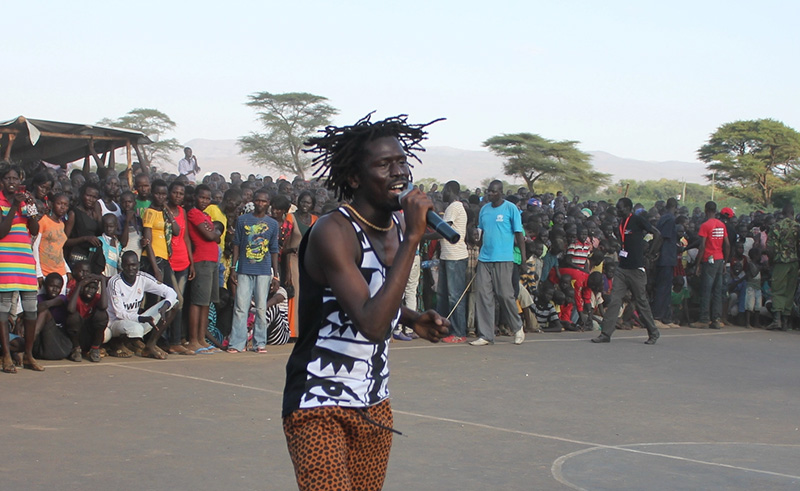
What release of yours truly launched your career forward, and for what reason? What do you think attracts listeners to your music?
There are different stages in my career as a musician. The first song that brought me to the world was called ‘Gua.’ And then, I had another song, ‘Kuar,’ which brought me onto the international stage.
‘Gua’ was more about hip-hop and integrated the idea of the African village in the way it sounds. That launched me into the Kenyan scene. The New York Times picked it up, even the BBC. From there, I had an album called ‘Ceasefire’ and from ‘Ceasefire,’ I had another album called ‘War Child.’ I now have seven albums out as an artist.
‘Kuar’, remixed by Henrik Schwarz, launched me into the Afrobeat and Afro-house scenes. Afro House existed, but it was just hanging there. Then, when ‘Kuar’ came, it caught fire. These singles and their remixes are truly what transformed and made Afro House into a genre.
How do you see Afro-house evolving in the next couple of years, especially as a trendy genre in the West?
Afro-house is adaptive. It goes in every direction. It leans into electronics, house, afro beats, etc.
Personally, I think it's going to grow into an even bigger genre because now the world is finally focused on and interested in Africa.
Most of the consumers right now, however, are located in Europe, Australia, Asia and the US. But when Africa picks up the genre, it will transform into a new movement, and it will be in a different ballgame. The issue is that Afro house is currently enjoyed by a very specific class of Africans, but once it reaches the local population, it will become mainstream.
There are one billion Africans and 60 percent of those are young people. The youth in Africa enjoy Afro House, but only at a distance: the ghetto has not yet picked it up, and when they do, it will become crazy.
Your recent release, ‘Gorah’ which was produced alongside Nitefreak, is already a hit. Can you talk about the production process and what it looked like working with Nitefreak?
Nitefreak is a great producer, and Francis Mercier is also a fantastic DJ and producer. They were looking for an artist to collaborate with for their next song: Nitefreak heard one of my songs and insisted that I was the right person for this track.
The track is extremely soulful, so I closed my eyes and listened to it, and the first thoughts that came to my mind were about the current political climate and the chaos unfolding across the world. So I decided to mix Arabic with my mother tongue in the lyrics, and I said. ‘OK, I'm going to use the word ‘Zayek’ in Arabic, which means ‘How is your life.’ So, The song starts with ‘Zayek,’ which was a nod to my Arab brothers and sisters. The first thing that came was the hook, and from the hook, you can now write the verse.
I am very proud of the end result. We had no idea that it was going to be this big. Actually, somebody leaked the track before it came out, and so people were playing it three or four months before it was released. But the entire crew, from Ajamu Studios to Francis Mercier to Deep Root Records, put a lot of effort and work behind its release.
Are there future collaborations you're excited about and you can share with us?
Yes, there's another song coming out called ‘Yuma’ at the end of this month on December 1st, with producer Miishu. It's very well-produced and a perfect track for the Afro-House genre. I'm also working on a track with Francis Mercier called "Hustler," which is really exciting, and we can't wait to drop that in January. But I’ve also got about another 6 collaborations in the mix ready to come out. I’m also planning my own body of work, an EP and and an album.
The Afro House scene never garnered my attention in the past. It's an industry that created itself and evolved without me giving it attention. Before, I was just making my own music, and producers picked it up, remixing it and giving it an Afro House twist. But now, it has my complete attention, so I have to make more music for it, and I'll definitely be making more music for it.
Can you talk about the music scene in Sudan? What kind of genres and artists are prevalent there or emerging from there?
South Sudan's music scene has not really developed like all the other African genres and scenes. But there's definitely a local vibe there: you come, and you do your thing. The community comes out, and they already know the songs, and they sing with you. When South Sudanese love music, that's it. They’re there for you. So, in general, there’s Lul Simon, and then there's a guy called John Frog, he's also one of the young upcoming musicians. And then there's just a young lady that we've been working to support called Shamma Lee. My sister Nyaruach is also a big artist and you would be surprised at her success. She has 1.2 million monthly listeners on Spotify which is bigger than Kenya’s top artists.
And so what would you want to see more and less of in the music industry in Africa and in the Middle East and North Africa?
What I'll say is let's let creativity define itself because when we allow it to do so, something beautiful emerges. Right now, Afro House is emerging, and it's getting a big spot in international spaces. Now, Beatport recognizes it as a genre, you attend Burning Man, or you go to Ibiza, and they all now recognize Afro-House as a legitimate genre. Afro House is very unique in the way it presents itself in the music scene.
What is a dream project of yours?
I want to have a 14-member band: a saxophone, four guitars, one bass guitar, two solos, drums, congas, etc… I want to have female musicians that are going to be singing along. I want to have dancers. I want to throw shows. That's one of the things that I want to look forward to doing in the future. I want to plan an incredible show and host it here in Africa. Yeah, that’s the dream.
Trending This Week
-
Mar 29, 2025






